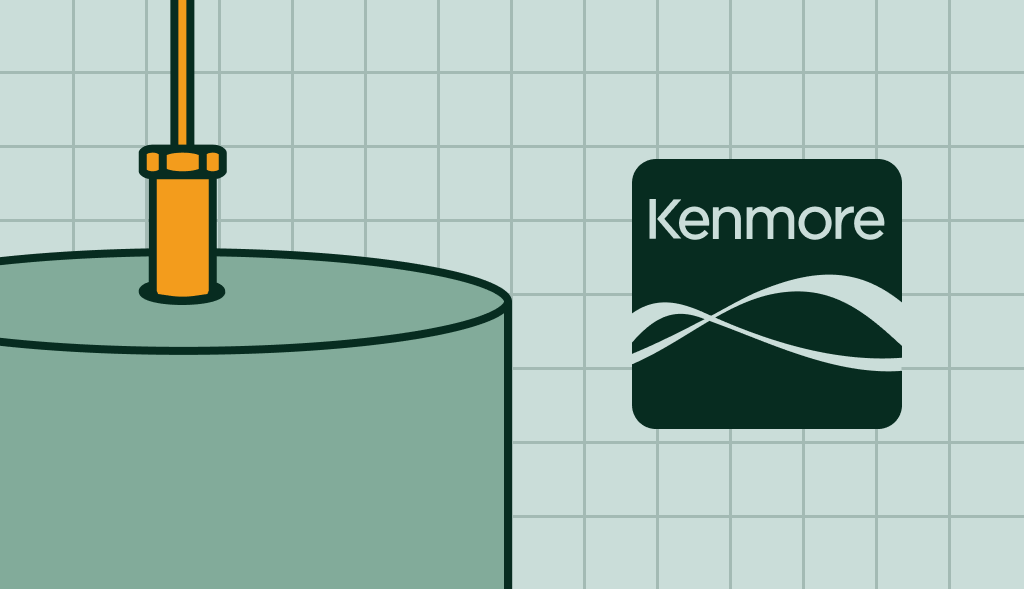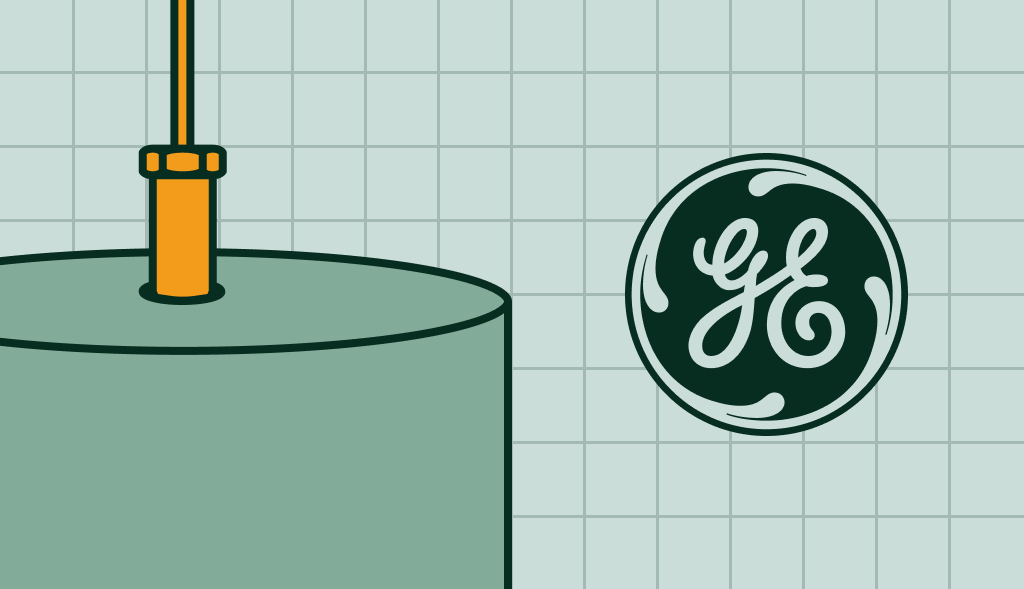What is an Anode Rod?
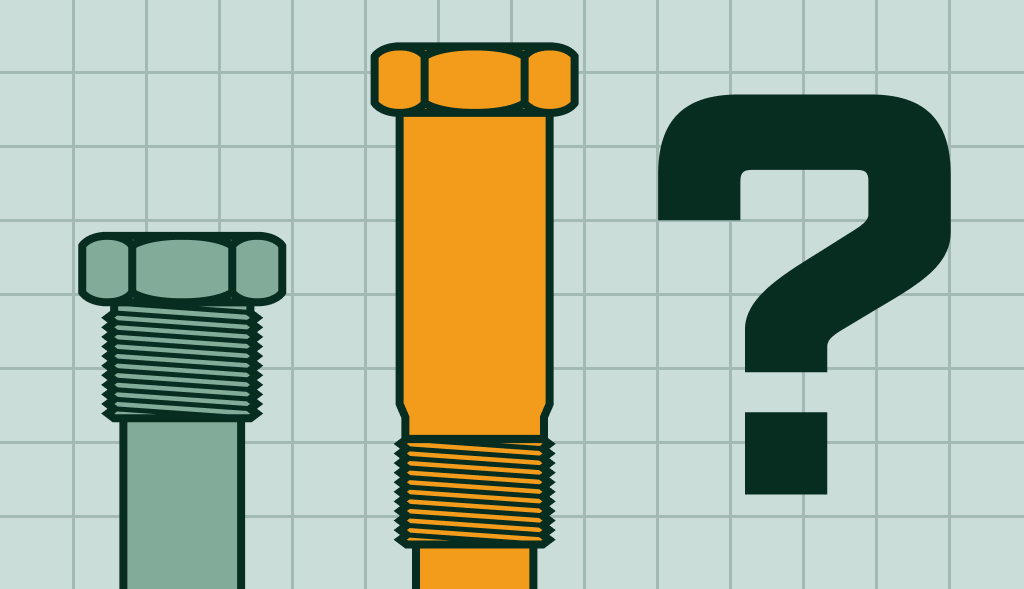
You might have heard about an anode rod if you have a hot water heater. But what exactly is it, and why is it important? Anode rods are widely used to protect residential and commercial water heaters, ships, pipelines, storage tanks, heat exchangers, and other metal components from corrosion. Understanding the purpose of an anode rod in your hot water tank, how to recognize when it’s bad, and how to replace it can help you solve common issues in the future. Whether you own a gas water heater or an electric one, knowing about the anode rod can help you keep your water heater in top shape for years.
What Does an Anode Rod Do?
The anode is a metal rod installed inside the water heater. It protects the steel walls of the tank by attracting minerals and sediment. Anode rods are made from either magnesium or aluminum, with magnesium being particularly effective due to its higher electron-donating ability compared to aluminum.
Protection Against Corrosion
Water contains minerals and chemicals that can cause the metal in your hot water tank to corrode. An anode rod of magnesium, aluminum, or zinc attracts these corrosive elements. This way, the rod corrodes instead of the tank, protecting your hot water heater from damage.
Prolonging Lifespan of the Water Heater
The anode rod helps your water heater last longer by stopping corrosion. Regularly checking and replacing the anode rod can save money and hassle by preventing tank failures.
What Does a Bad Anode Rod Look Like?
Knowing what a bad anode rod looks like can save your water heater from serious problems. Here are some signs:
Corrosion
A corroded anode rod will have a lot of rust and pitting. If the rod looks swollen or has deep grooves, it’s time for a replacement.
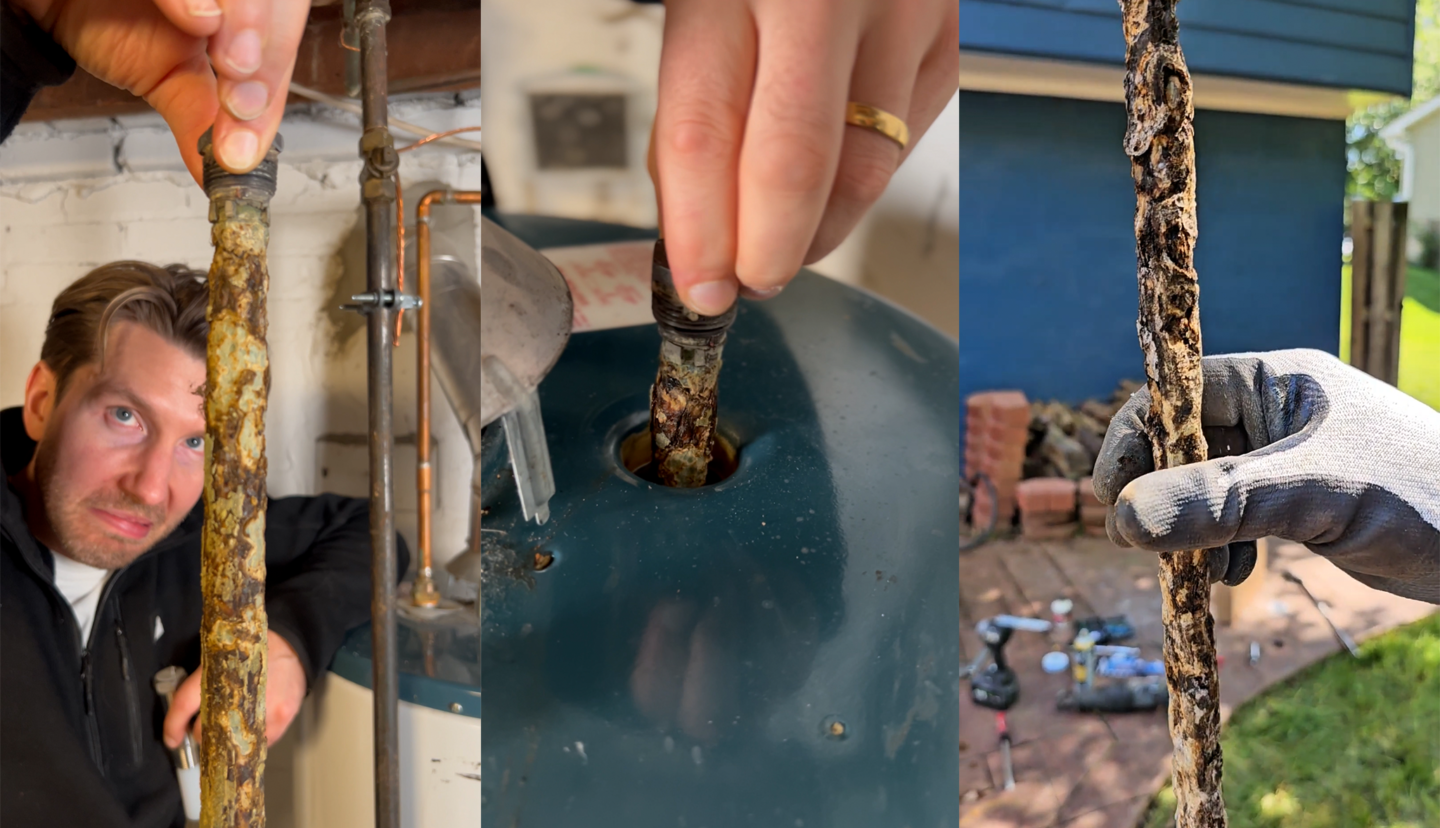
Wear and Tear
The anode rod will wear down over time. It needs to be replaced if it is thinned out or broken into pieces.
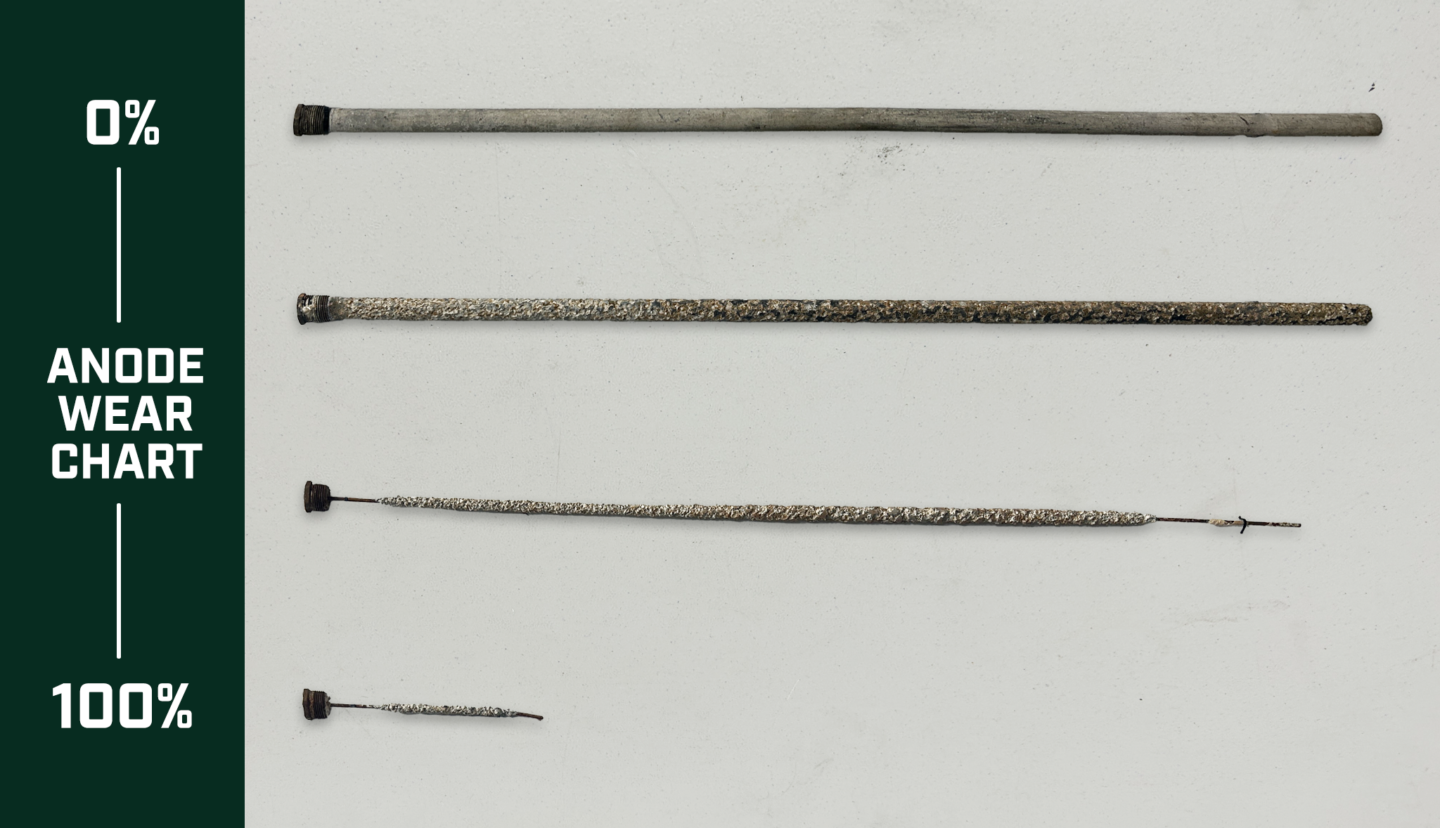
Rod Degradation
If large parts of the rod are missing or completely degraded, it is no longer doing its job and should be replaced immediately.
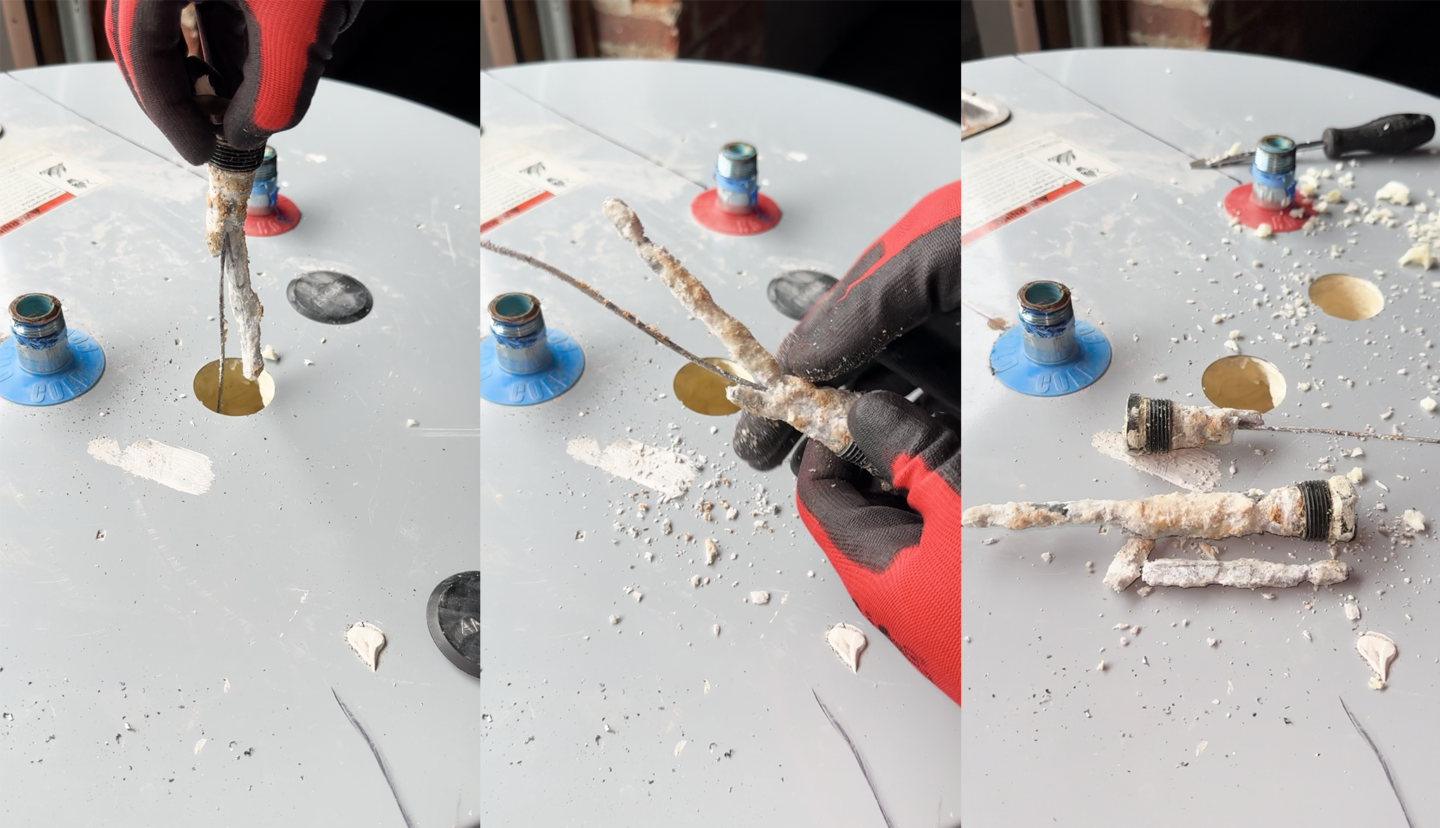
What Happens When an Anode Rod Goes Bad?
If the anode rod in your hot water heater goes bad, several problems can occur:
Corrosion of the Water Heater Tank
Without a working anode rod, the tank’s metal lining can rust, leading to leaks and other damage.
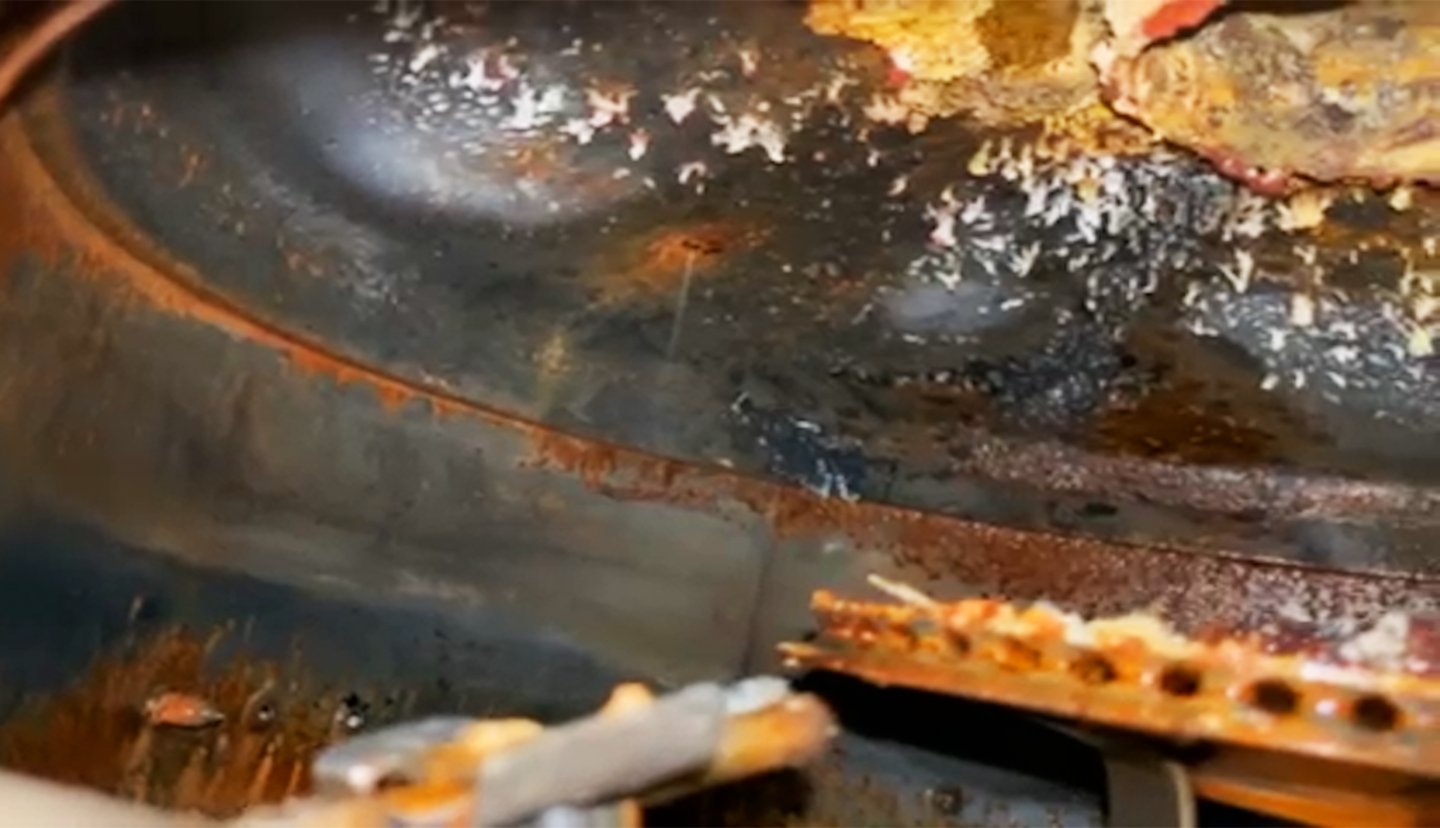
Potential for Leaks and Reduced Efficiency
A corroded tank can develop leaks, which waste water and make the heater work harder, reducing efficiency.
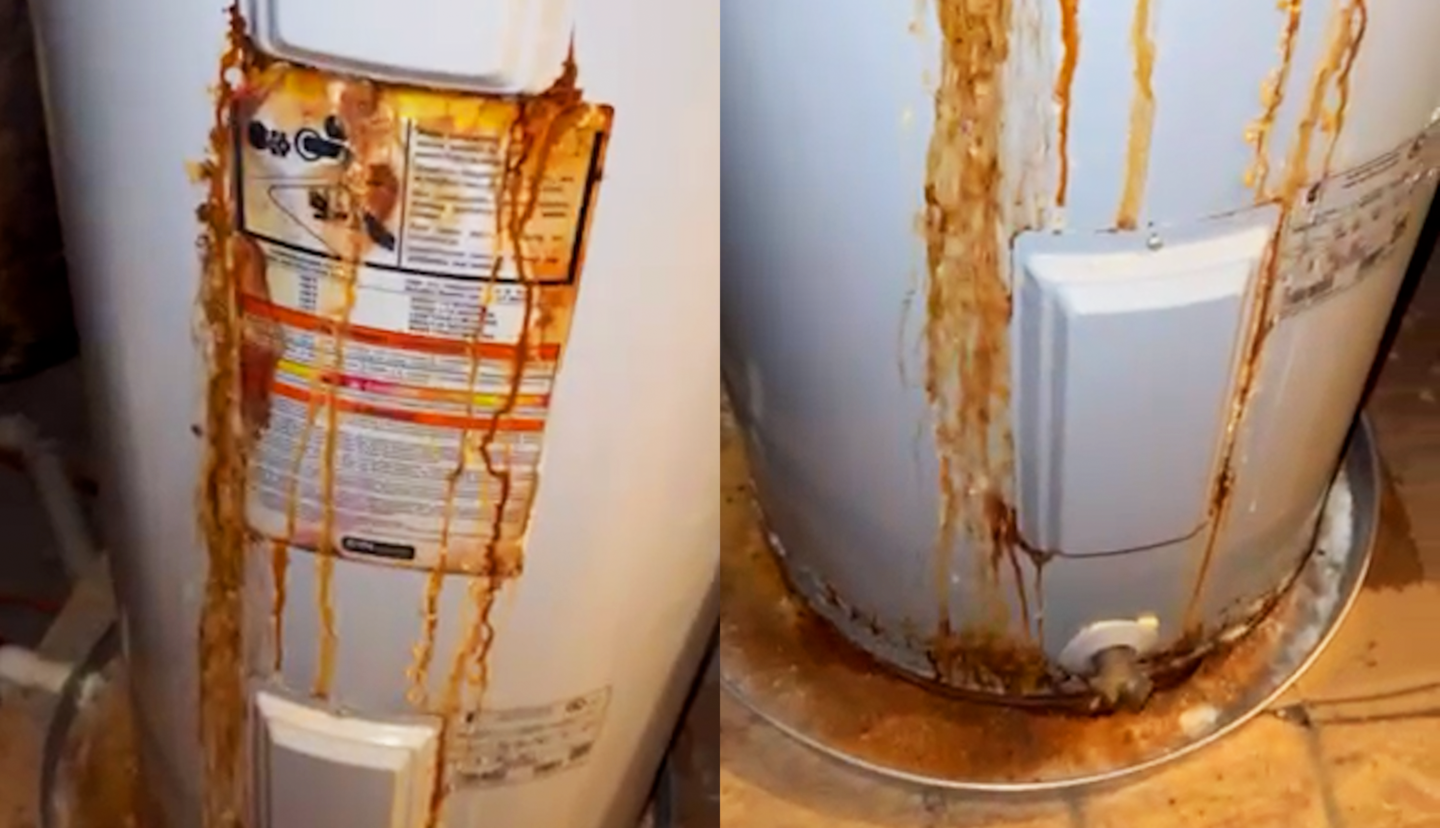
Do All Hot Water Heaters Have an Anode Rod?
Types of Water Heaters with and Without Anode Rods
Most traditional tank water heaters have an anode rod. However, some newer models and tankless water heaters do not. Always check your water heater’s manual to see if it has one.
Importance of Checking Your Specific Model
It’s important to know if your water heater has an anode rod. Regular checks can help prevent corrosion and extend the heater’s life.
What Are Anode Rods Made Of?
Anode rods are made from different materials, each with its own benefits:
Magnesium
Magnesium anode rods are very effective but may wear out faster in hard water conditions.
Aluminum
Aluminum anode rods are better for areas with hard water and last longer than magnesium rods, though they might not protect as well.
Zinc
Zinc anode rods, often combined with aluminum, help reduce the sulfur smell in water and provide good corrosion protection.
Types of Anode Rods
Sacrificial Anode Rods
Powered Anode Rods
These rods use electricity to prevent corrosion and don’t need to be replaced as often.
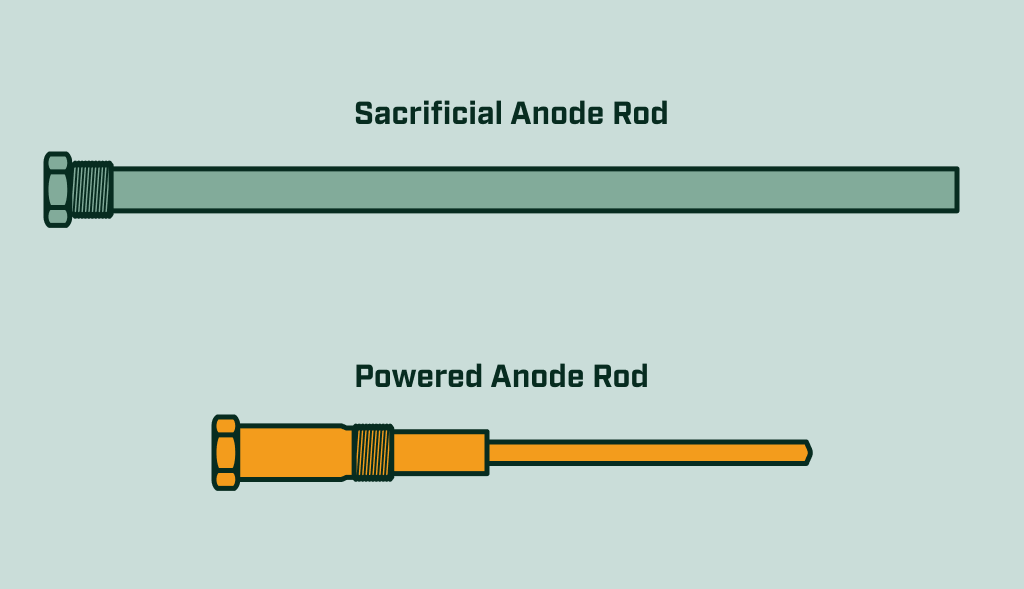
How Does a Powered Anode Rod Work?
Powered anode rods are a more modern solution to preventing corrosion. Unlike traditional anode rods, they use electricity to stop rust.
Use of Electricity to Prevent Corrosion
Powered anode rods create a small electrical current that prevents the tank from corroding. These rods don’t get consumed like traditional ones, meaning they last much longer.
Benefits and Drawbacks
Powered anode rods are more expensive initially but can be cheaper in the long run because they don’t need to be replaced as often. However, they do require a constant power supply to work effectively.
Average Cost of Anode Rods
Factors Influencing Cost
Material, type, and brand can affect the price. Sacrificial rods are generally cheaper than powered ones.
Cost Comparison
– **Magnesium Rods**: $20-$50 USD
– **Aluminum Rods**: $20-$40 USD
– **Powered Rods**: $80-$150 USD
Best Anode Rod for Softened Water
If you have a water softener, you’ll need a specific type of anode rod:
Benefits of Specific Materials
– Powered Anode Rods: These are the best for softened water because the rod will not deteriorate and it prevents “rotten egg smell”
– Aluminum and Zinc Rods: These are good for softened water as they resist accelerated degradation.
How to Replace an Anode Rod
Necessary Tools and Materials
– Socket wrench
– Teflon tape
– New anode rod
– Pipe wrench (if needed)
Safety Tips and Precautions
– Turn off the water heater and let it cool.
– Shut off the water supply.
– Drain some water from the tank to reduce pressure.
Step-by-Step Guide
1. Locate the anode rod at the top of the heater.
2. Use a socket wrench to unscrew the old rod.
3. Wrap the threads of the new rod with Teflon tape.
4. Insert and tighten the new rod.
5. Restore the water supply and power to the heater.
Conclusion
Checking and replacing the anode rod in your hot water heater is crucial to keep it running smoothly. Regular maintenance can help you avoid costly repairs and ensure your water heater lasts many years. By understanding the purpose of an anode rod and how to care for it, you can protect your hot water heater and enjoy reliable hot water.
FAQ
Yes, an anode rod is necessary. It protects your water heater from corrosion and extends its life. However, once the magnesium or aluminum from your anode is dissolved, the steel walls of your water heater will start to rust.
Blog
Kenmore Water Heaters: Maintenance and Anode Rod Replacement
Summary Kenmore hot water heaters are dependable, but corrosion can shorten their lifespan without proper maintenance. The anode rod, often overlooked but crucial, is the […]
GE Water Heaters: Maintenance and Anode Rod Replacement
Summary GE water heaters are known for reliability, but still require proper internal protection. The importance of the anode rod type inside your tank. Replacing […]
